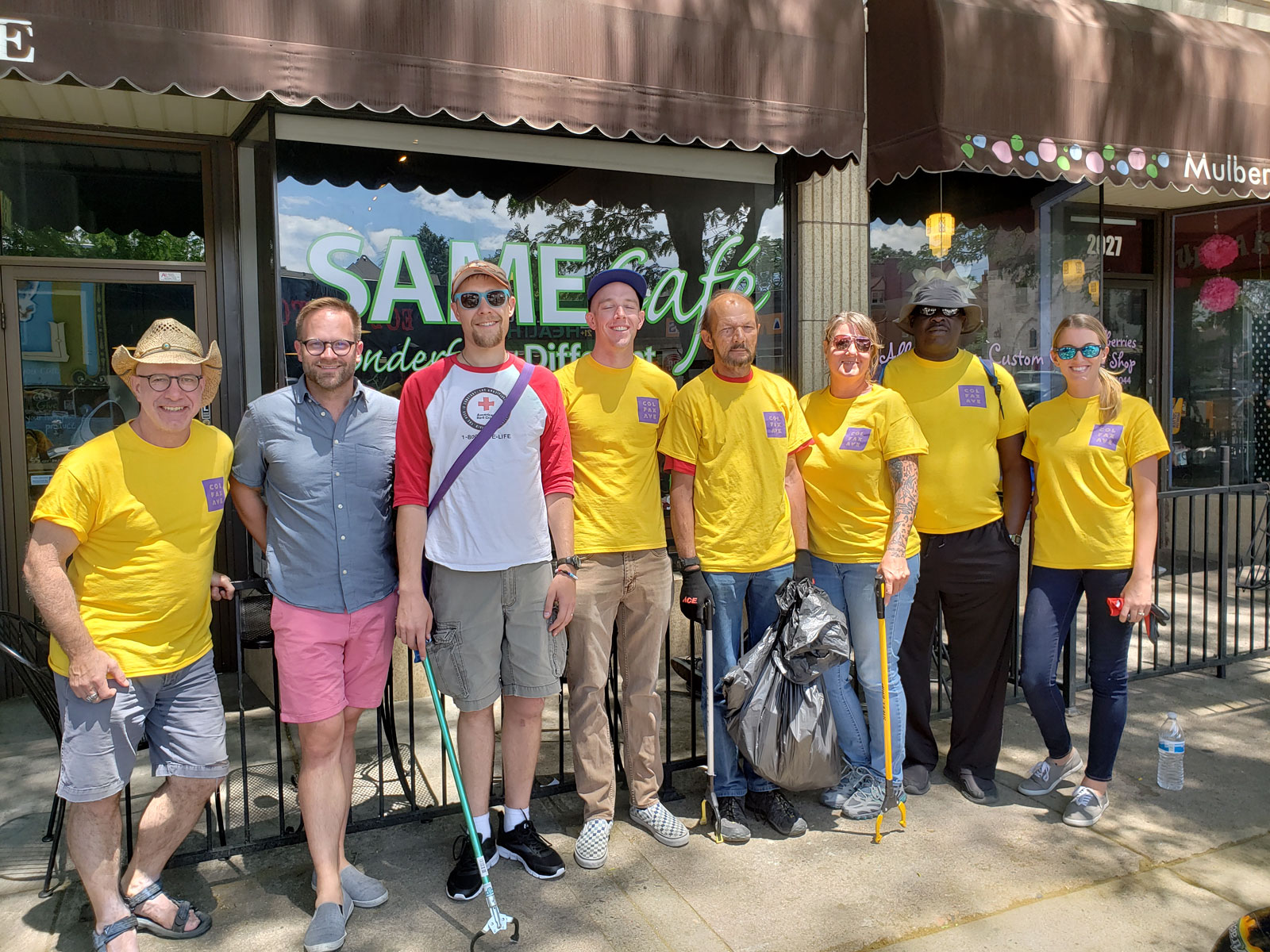The Local newsletter is your free, daily guide to life in Colorado. For locals, by locals.
The notion that those who are homeless don’t work—or don’t want to—is a dangerously pervasive myth. According to the 2017 Point in Time survey conducted by the Metro Denver Homeless Initiative, more than 50 percent of individuals who responded said that they, or someone in their family, had received money from working in the last month.
Still, the barriers to employment—especially full-time employment—for a person experiencing homelessness are significant. “Lost job / couldn’t find work” was one of the most commonly cited contributing factors for homelessness in the Point in Time survey. “If you don’t have documentation that’s a roadblock. If you don’t have a mailing address that’s another roadblock. And then, clean clothes and hygiene. Rest, sleep deprivation. Transportation to and from a job—that’s costly, especially if you have to work in a whole other county,” explains Jesse Parris, 2019 City Council at Large candidate and member of Denver Homeless Out Loud, an advocacy group.

One local initiative addressing these barriers is Colfax Works, a workforce development program that launched last week. Spearheaded by the Colfax Ave. Business Improvement District, the initiative is providing three homeless individuals with maintenance work along Colfax, between Grant to Josephine streets. The crew is picking up trash, landscaping, and “will also be doing some power washing [of the sidewalk], which is very exciting,” says Michelle Valeri, chair of the Colfax Works advisory committee.
Currently, Colfax Works is a pilot project scheduled to run from June to August. It’s crew members will work with a supervisor four days a week, for six hours each day and get paid $13 an hour.
Partnering on the project is Bayaud Enterprises, the nonprofit behind Denver Day Works, a similar initiative launched in November 2016 designed to provide low- to no-barrier work for homeless individuals throughout the city. In its first year, 331 people received work through the program, 13 participants found housing, and 122 individuals secured permanent employment with 82 local employers—proof that initiatives that put people to work can lead to long-term success. “[Homeless people] get a bad rap,” says Parris. “They get told, ‘Oh you’re not doing nothing. You just want a hand out.”
The three Colfax Works crew members were selected because they successfully worked at least 10 shifts with Denver Day Works and “demonstrated a good work ethic,” according to Valeri. While Denver Day Works is publicly regarded as a successful program, after a year its creators did find that the program lacked a way of transitioning crew members from working just one day a week (which was always the model) to a full-time schedule. Colfax Works was partially created in response to this need.
To support the Colfax Works crew, Bayaud Enterprises will send service providers to the field to provide direct case management, such as financial and life skills training. “There is a lot of stuff a lot of people don’t think about. A lot of those barriers that make it hard for people to get work,” says Valeri.
Colfax Works is also modeled after Washington, D.C.-based Ready, Willing, & Working, a 10-year-old program that offers full benefits, a living wage, and 401K to its participants. “That’s what we’re striving for long-term,” says Valeri. “It’s our hope that some of [the participants] could find long-term employment at businesses on Colfax.”








